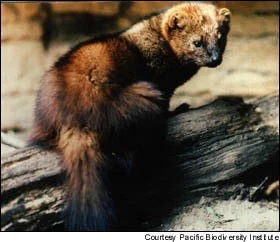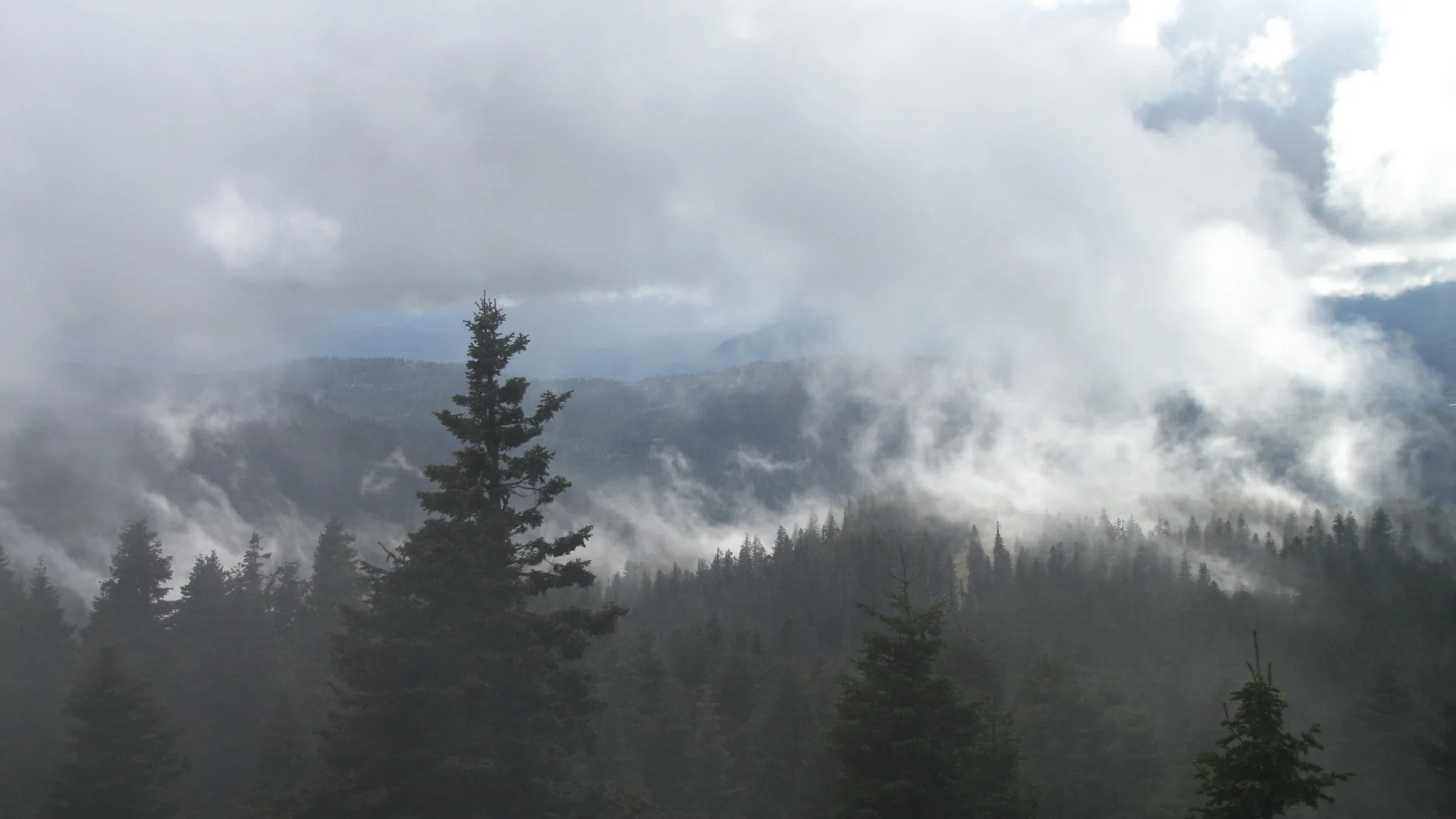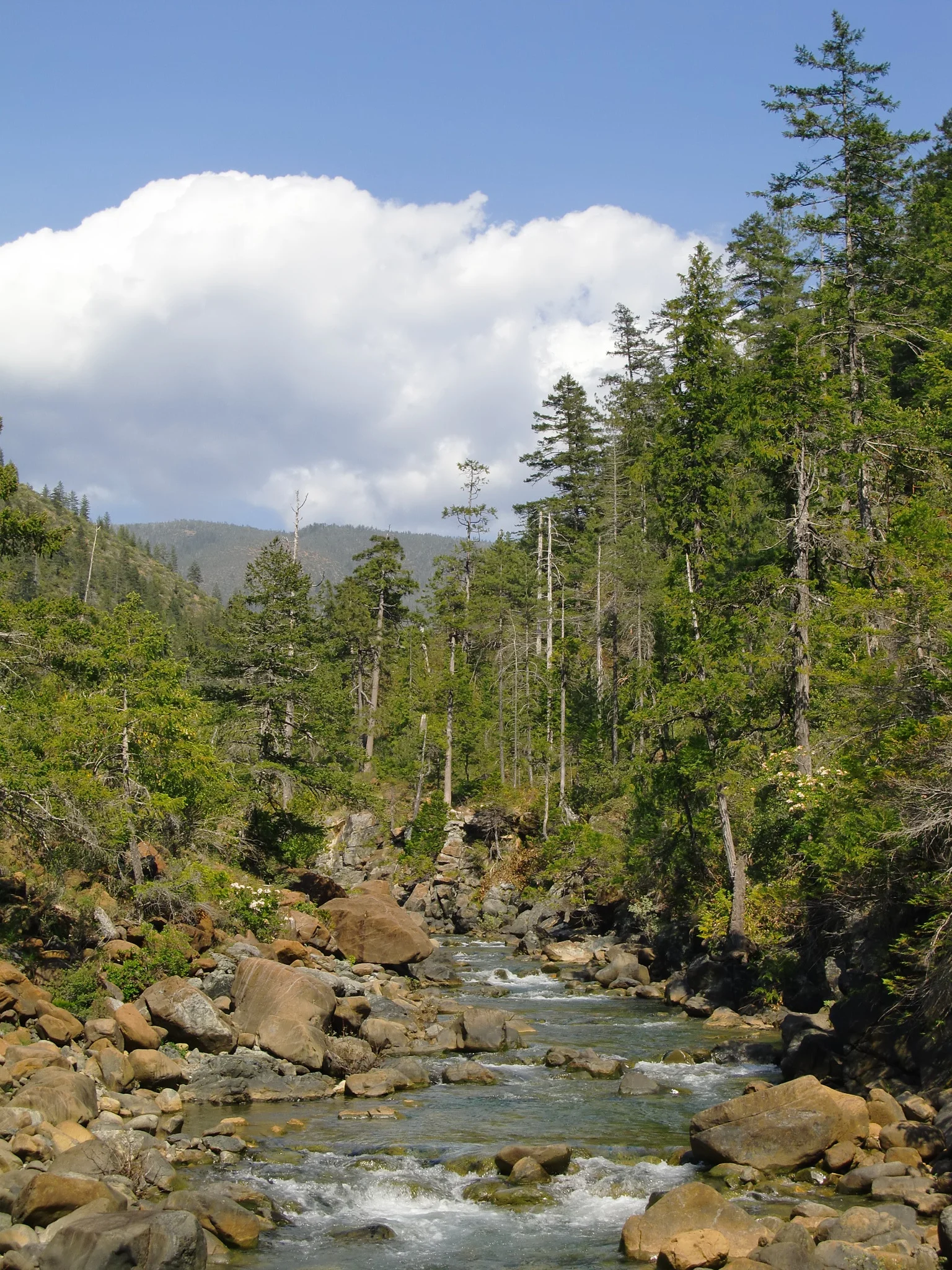Part of our work at KS Wild is to track management decisions by the US Fish and Wildlife service to list at-risk species as threatened or endangered under the Endangered Species Act. In continuing a 22-year battle to protect their declining populations, we filed lawsuit with three of our conservation allies to list the Pacific fisher. Other species we continue to fight for include the Siskiyou Mountain Salamander, the Wolverine and four species of Lamprey.
Read MoreThe Bureau of Land Management administers the public forests that surround communities in Western Oregon. These are our backyard forests! Places like the Wild Rogue River, the Applegate Valley foothills and rare plant hotspots in the Illinois Valley deserve our best conservation efforts.
Read MoreWhile most Americans cherish the idea that public lands belong to and benefit all of us, corporate timber, mining and grazing interests have long sought to privatize public lands in order to maximize profits to their respective industries. While subsidized logging, mining and grazing occur on the vast majority of public lands, these extremists bristle at the idea of there being any rules regarding their exploitation of our forests and rivers.
Read MoreWestern Oregon’s BLM lands support salmon, steelhead, and wildlife while delivering clean water and recreational values to the public. These forests are source-drinking watersheds for hun-dreds of thousands of Oregonians, they sequester large amounts of carbon, and they provide crucial ecological functions. The natural amenities found on these public lands are highly valued and sought after, from local residents to tourists from around the world.
Read MoreAfter decades of trapping and poisoning, the last wolf in California was shot in 1924. Since then, roads and highways were built and huge tracts of forest have been converted to industrial tree farms. Today, the wolf re-enters a landscape filled with strip-malls, subdivisions, climatic shifts and severe drought. It will take work with residents in areas where wolves migrate to ensure co-existence.
Read MoreRetaining trees in streamside areas is incredibly important to keeping streams cool and water clean. A healthy riparian buffer where logging is limited adjacent to streams serves a number of important functions. The shade from trees prevents the water from getting warmer, something that will be more and more important in the face of climate change.
Read MoreRogue Riverkeeper and our allies have been fighting the proposal for a gas pipeline, power plant, and export terminal through southern Oregon for years. This dangerous and unnecessary project threatens private property owners with eminent domain, will impact dozens of threatened and endangered species, will clear-cut a 95 foot swath for 235 miles, will raise our gas rates here at home, and accelerate climate change.
Read MoreThe Klamath-Siskiyou region is home to the largest expanse of wildlands on the West Coast. Some of these pristine wild areas are protected under the Wilderness Act as Wilderness Areas, but many other wilderness-quality lands are unprotected and face a variety of threats including logging, road-building, over-grazing, and irresponsible off-road vehicle use.
Read MoreGood news for wolves! The Oregon Department of Fish and Wildlife reported in June that Wolf OR-7 and his mate have at least two pups, seen peeking out from a log to the right. While OR-7’s female companion is not as well known, her untold story is just as miraculous.
Read More








